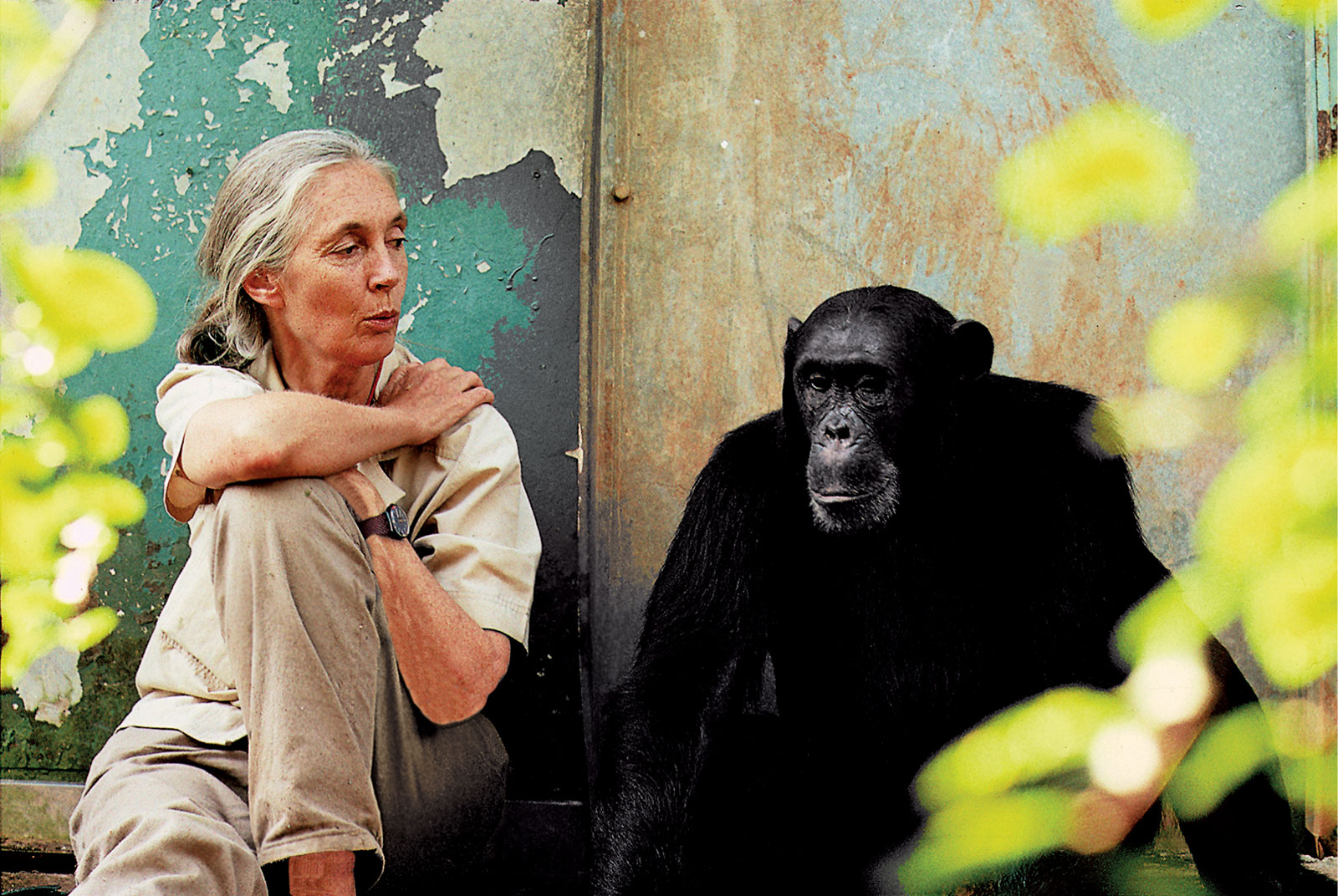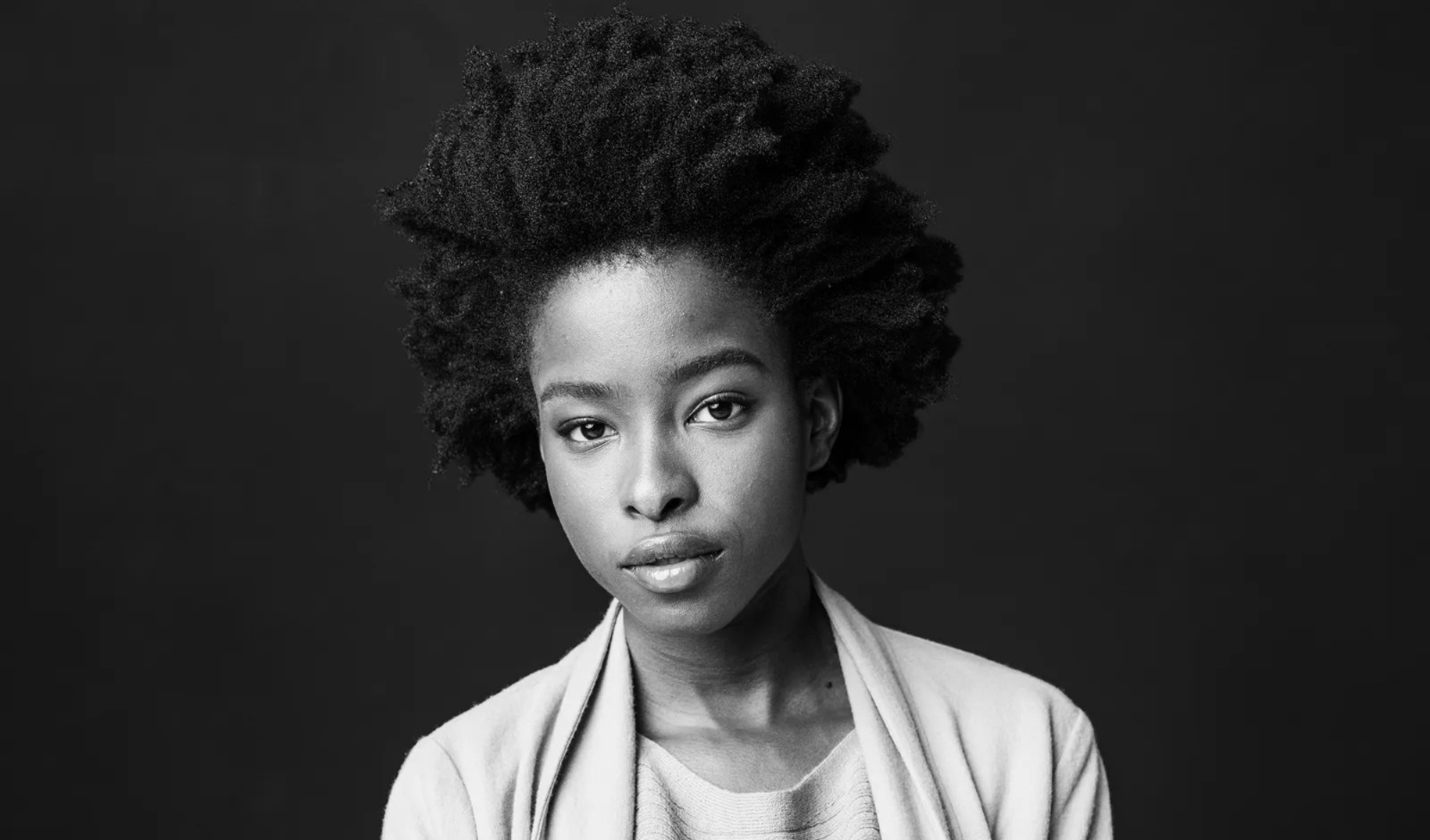
Before there were camera crews in the rainforest or viral climate campaigns on TikTok, there was a young English woman with notebooks, binoculars, and a heart big enough to change how the world sees animals—and women in science.
Dr. Jane Goodall didn’t follow the rules. She had no formal scientific degree when she traveled to Tanzania in the 1960s. She wasn’t from a prestigious academic background. She was simply curious—wildly, fiercely curious. And that curiosity became a revolution.
In Gombe Stream National Park, Jane lived among the chimpanzees. She didn’t observe them from afar—she immersed herself in their world, treating them not as specimens but as beings. She gave them names instead of numbers. She saw personalities, playfulness, emotion, family, and grief in their eyes. And in doing so, she shattered the long-held belief that humans were the only creatures with complex minds and emotions.
Her research redefined primatology.
Her presence redefined who gets to lead in science.
But Jane Goodall’s work didn’t stop in the jungle.
For over 60 years, she’s used her voice—calm but commanding—to advocate for wildlife conservation, environmental ethics, and youth empowerment. Through the Jane Goodall Institute and her Roots & Shoots global program, she’s mobilized millions of young people to become stewards of the Earth.
She doesn’t yell, but she never backs down.
She doesn’t seek fame, but she’s a legend.
At over 90 years old, Jane still travels the world, speaking to packed auditoriums, political summits, and local classrooms with one message: “What you do makes a difference. And you have to decide what kind of difference you want to make.”
In a world obsessed with speed, power, and noise, Jane is proof that gentleness is a form of rebellion, and that impact doesn’t always roar—it listens, learns, and leads.
She gave women permission to be soft, smart, and unstoppable—all at once.
THR Newsletters
Sign up for THR news straight to your inbox every day




